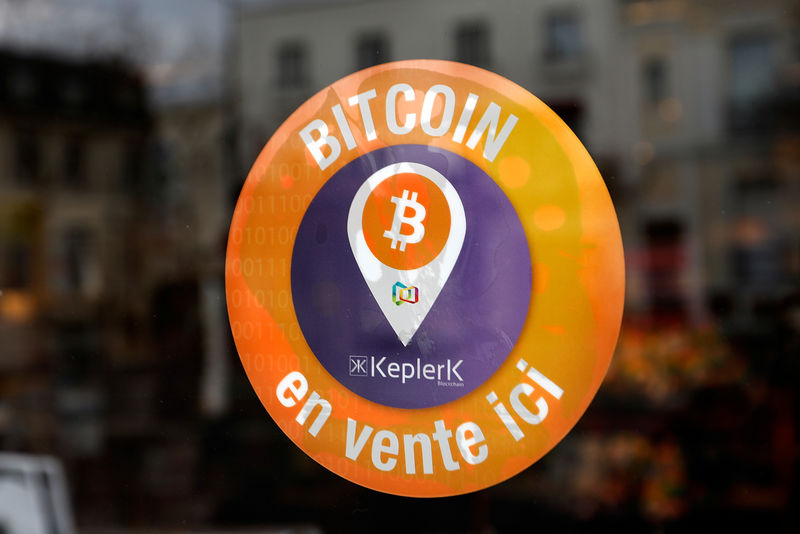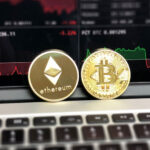JPMorgan revealed that the collective hash rate of U.S.-listed Bitcoin miners they track has nearly doubled over the past year. These miners now represent approximately 29% of the global Bitcoin network.
The report indicated that the hash rate of the 14 companies monitored surged by roughly 95% year-over-year to 244 exahashes per second (EH/s), compared to the overall network’s increase of 45%.
The Bitcoin network’s hash rate, which serves as an indicator of competition and mining difficulty, has seen a 6% rise this month and a 45% climb over the last 12 months. Despite the increase in hash rate, the average price of Bitcoin has seen a modest decline since January, which has put pressure on the profitability of mining operations.
JPMorgan’s analysts, Reginald Smith and Charles Pearce, noted that the daily profitability for miners, referred to as hashprice, fell 13% since the end of January. This decline is attributed to the combined effects of the rising hash rate and the falling Bitcoin price. Consequently, miners’ daily block rewards earnings for this month were estimated to be around $53,600, which is 6% less than what was earned in January.
The report also highlighted the performance of individual mining stocks. IREN stood out with a notable 27% gain in the first two weeks of February, while Greenidge Generation experienced a 20% decline in the same period. Overall, the total market capitalization of the Bitcoin mining stocks covered in the JPMorgan report saw a slight decrease of 1% compared to the previous month.
In related news, a Monday report from broker Bernstein echoed the findings by JPMorgan, commenting on the growing share of the network hash rate held by U.S. Bitcoin mining stocks.




